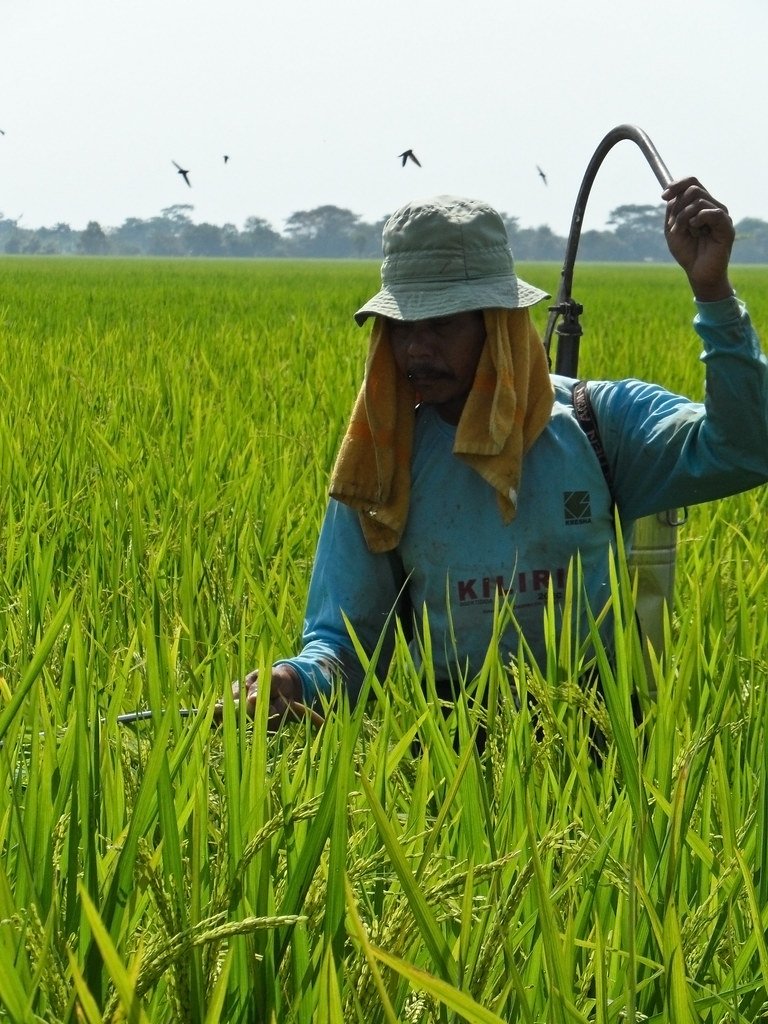
Our Story
Global food systems need to shift from using conventional inputs to natural sources.
Excess use of chemical and synthetic inputs in farming systems, introduced by the Green Revolution, has led to several negative impacts (John and Babu, 2021):
Pest and diseases
High pesticide residues lead to soil damage and water pollution.
Eliminating pests with pesticides have led to predator-prey pest imbalance.
Pesticide-resistance in next generation pests due to mutation, adaptation and evolution require stronger pesticides.
Threat on groundwater table supply
Most industrial, agronomic, and plantation crops require flooding of water through irrigation systems, which then threatens the supply of groundwater.
Air pollution
Burning of agricultural waste significantly contributes to air pollution due to greenhouse gases released into the atmosphere.
Agricultural waste burning also threatens the health of nearby communities.
Soil and crop production
Increased crop production and reduced crop failure have depleted soils of nutrients.
Loss of soil organic matter due to no return of organic matter or crop residue incorporation
Our solution: Agrogeology
Nutrients needed by plants aside from Nitrogen come from geological resources - rocks. The broad definition of agrogeology is “geology in the service of agriculture”, which basically studies the geological processes that influence the formation of soils, as well as the application geological materials in farming systems (Chesworth and van Straaten, 1993; van Straaten and Fernandes, 1995 as cited by van Straaten 2002).
Soils that are exposed to long periods of weathering become highly depleted and have low fertilities. Overcropping and inappropriate use of fertilizers can lead to soil-related problems and lower yields due to poor soil productivity.
Benefits from using rocks and minerals for agriculture
1) Soil fertility improvement
2) Soil pH correction; and,
3) Water and nutrient conservation.



